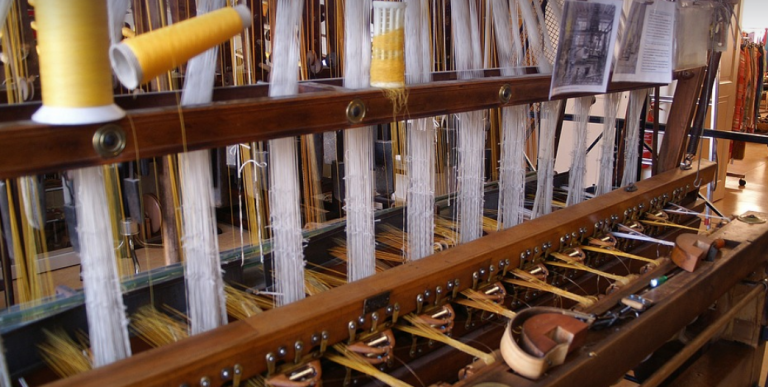
A Comprehensive Look at Tent Prices for All Your Camping Adventures
Planning your next camping trip? You’ve got a lot to think about, from choosing the right location to packing enough snacks. One of the first things that’s going to come up in your planning is likely the tent! Finding the right tent can be tricky, especially when you’re looking at all the different prices.
To help you navigate this exciting but sometimes overwhelming world of camping gear, let’s dive into the cost of tents and explore various factors that influence their price tags.
What Affects Tent Prices?
There are many variables that determine how much a tent will cost. While it seems simple to just look at the size or brand, there’s a whole range of other considerations that play a significant role in the final price tag.
The first factor is **size**: Naturally, larger tents tend to be pricier than smaller ones, as they require more material and craftsmanship.
Next up are **materials**: Tents made from higher-quality materials like ripstop nylon or polyester taffeta will generally cost more than those made with thinner fabrics.
Another factor that impacts price is **design**: Tent designs can vary significantly, influencing their affordability. For example, tents with extra features like rain flys, vestibules, and reinforced doors tend to be priced higher.
Factors Impacting the Cost of a Tent
Type of Tent:
There are different types of tents catering to various camping needs. Backpacking tents are lightweight and compact, usually targeted towards solo adventurers or small groups. These often cost less than larger family tents.
Then there’s the **family tent category that caters to larger groups – these tend to be sturdier and more spacious for families with kids, making them significantly pricier than backpacking tents.
Finally, you have the car camping or **RV-camping tents. These boast features like extra durability, weatherproof designs, and large vestibules that are essential for storing gear and lounging around after a long day of exploring.
Number of People:
The number of people you intend to accommodate directly affects the tent’s price. A **4-person family tent** will cost considerably less than a **12-person tent**, especially if you’re planning for larger groups.
Features and Durability:
Look at features and durability as crucial decisions for your tent. Consider the rain fly, its water resistance, and whether it’s freestanding or needs to be anchored. A high-quality rain fly is a great investment that can save you time and money in terms of dealing with potential rainy days.
Brand and Reputation:
Just like our clothes, brands play a role when choosing a tent. Established brands like Coleman, Eureka! or MSR have built reputations for quality, durability, and ease of use. These brands typically command higher prices due to their reputation for creating reliable camping gear.
Price Range:
The price range for tents can vary significantly. For budget-conscious buyers, you can find affordable options for under $100. For those who want the best of the best, brands like Sea to Summit or Big Agnes offer premium tents that are worth investing in.
Overall, it’s important to understand that price isn’t just about brand name and features – it also reflects the quality of materials, design, and the overall durability of the tent. It’s a good idea to look at user reviews to get an understanding of how much you can expect from various brands.
Tips for Finding the Right Tent on Your Budget
Finding the right tent doesn’t have to break the bank. Keep these tips in mind as you start your search for the perfect match:
1. **Determine your camping needs**: How many people will be going camping? Do you need extra space for gear or a place to relax after a long day of activities?
2. **Set a budget**: This helps narrow down the options and prevents overspending on unnecessary features. Don’t forget, finding a good tent isn’t about splurging – it’s about choosing quality for your camping adventure.
3. **Read reviews**: User reviews can give you valuable insights into real-world experiences with different brands and models. See if other campers have experienced similar weather conditions or found the tent too heavy, too difficult to set up, or not durable enough for their needs.
4. **Prioritize essential features**: List your non-negotiable features first, such as size, waterproofing, ease of setup, and durability. This helps you focus on finding a tent that meets those specific requirements.
5. **Shop around**: Compare prices from different retailers to ensure you’re getting the best value for your money. Consider checking out online stores and local camping gear shops for deals.
6. **Don’t be afraid to ask questions:** If you have any doubts about a particular tent, don’t hesitate to contact the manufacturer or a salesperson at your local store to get clarification on its features, materials, and warranty coverage.
Conclusion: Finding Your Perfect Camping Tent
The cost of a tent can vary greatly depending on individual needs, desired features, and brand reputation. By considering these factors and utilizing the tips presented here, you’ll be well-equipped to find the perfect tent for your camping adventures.


